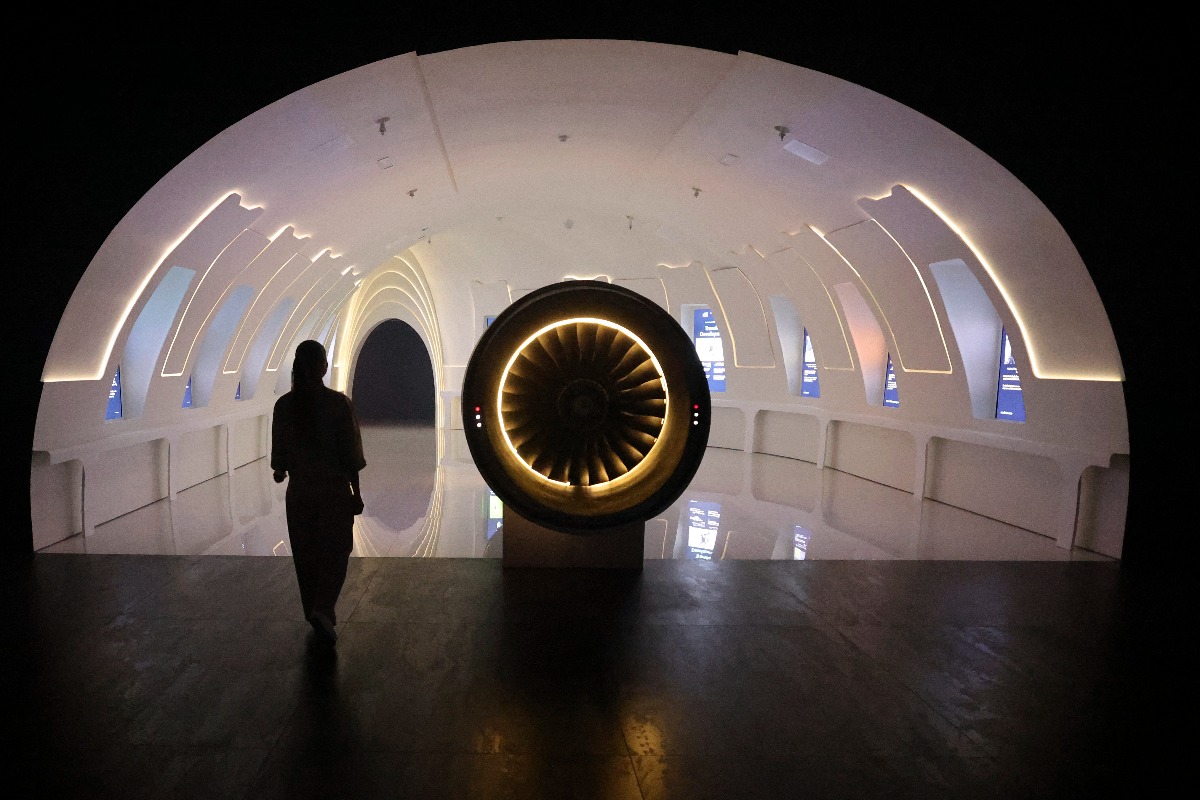
To meet the demands of the digital age, GCC countries' organisations are spending more on technology as part of the digital transformation taking place in the region. Many technologies are key to this effort. These include 5G, IoT, Cloud Computing, Artificial Intelligence, Virtual Reality and even Cybersecurity.
In recent years, Arab oil countries have invested heavily in artificial intelligence (AI) to explore its potential for technological and economic innovation. According to IBM, AI could contribute more than $300 billion to the region's GDP by 2031.
Companies in the six Gulf Cooperation Council (GCC) states (Kuwait, Bahrain, Qatar, United Arab Emirates, Oman and Saudi Arabia) are increasingly looking to adopt innovative technologies to help them build new business models and deliver modern customer experiences. The following is a non-exhaustive list of the most significant projects.
King Salman Energy Park (SPARK) in Saudi Arabia
The SPARK project is a sustainable global energy hub that embodies an integrated global industrial city. It aims to become a regional gateway for energy sector logistics, a business incubator model, attract foreign investment and provide jobs within the Saudi energy transition, sustainability and climate support project.

Hyperloop Dubai
The Abu Dhabi-Dubai route has become a focal point for Hyperloop developers. The project aims to make the journey between the two cities in just 12 minutes.
Oasis Eco Resort in Liwa
The world's greenest eco-resort is being built around a natural spring using a range of green technologies in Liwa, in the south of the United Arab Emirates.
Dubai's mega solar park
Dubai could become a green powerhouse in the coming decades thanks to a mega-park that should generate 5,000 megawatts by 2030, when construction is complete.
Self-driving police cars in the United Arab Emirates
These self-driving cars can deploy drones if a criminal is detected. The authorities want to put these cars on the streets as part of a technology-enabled police force.
IoT in Bahrain
Zain Bahrain, one of the kingdom's leading telecoms operators, has partnered with Ericsson to introduce the "most innovative Internet of Things (IoT) technology". With the introduction of this technology, businesses and consumers can achieve broader wireless coverage, better connectivity, longer battery life and cost-effective solutions.
Smart city in Kuwait
As part of the Vision 2035 strategy, the Kuwaiti government is building a "smart city". Touted as the Middle East's first green, smart technology-focused development, the billion-dollar project will eventually be home to 400,000 people.
The author is a researcher at the Eurasia Center of John von Neumann University